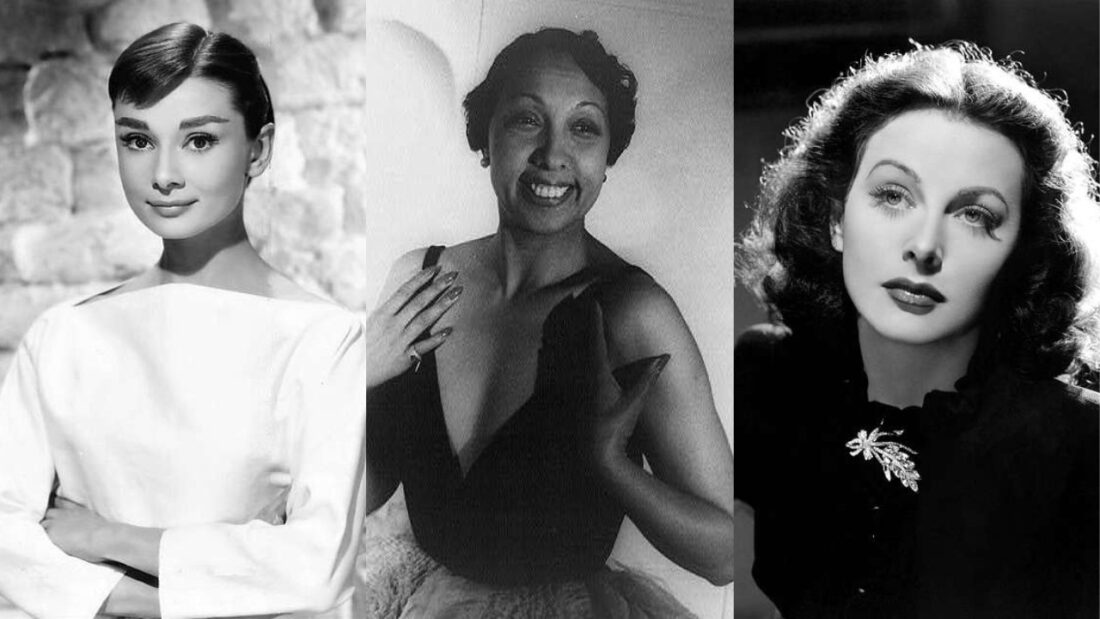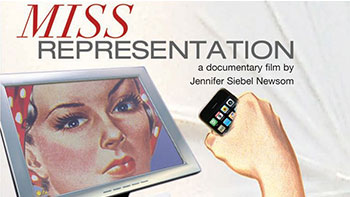Guest blog by Youth Advisory Council member Grace Liang
The cliché? Beauty is in the eye of the beholder. The truth? Beauty has, for all too long, been the focus of how we view women. Women have much, much more to offer than how they look.
Many women have achieved recognition through their beauty, a trait historically (and presently!) treasured by industries like film and fashion. However, these same women have made significant contributions to progress and innovation. Unfortunately, recognition for their efforts is too often overshadowed by judgments about their appearance. Below are just a few women whose accomplishments should be recognized beyond face-value, and beyond their faces.
Josephine Baker
Performer Josephine Baker, upon her arrival in Paris in 1925, was hailed as a “Black Venus”, “Black Pearl”, and “Creole Goddess” by the astounded European audience. Nearly a century later, her iconic banana skirt still inspires concerts and runway collections.
Josephine Baker’s beauty is only a sliver of her immense and intricate influence on culture. Her commitment to advancing Civil Rights was profound throughout her career; her refusal to perform for segregated audiences led to the racial integration of many performance venues. Baker was also the only woman to officially speak at the March on Washington, where she gave credit to other Black women who contributed to the Civil Rights movement.
Audrey Hepburn
Actress Audrey Hepburn is often reduced to a symbol of elegance, style, and poise. In the twenty-first century, Hepburn’s name emerged atop polls electing the “most beautiful women of all time” or the “the most stylish Brit of all time”. These titles do not encompass Hepburn’s legacy as a skilled actress—apparent from Roman Holiday (1953) to Breakfast at Tiffany’s (1961)—or as a devoted humanitarian.
As a teenager, Audrey Hepburn contributed to the Dutch Resistance movement, challenging the Nazi occupation of the Netherlands in World War Two. An experienced dancer, Hepburn performed and choreographed concerts that raised funds for the Resistance’s efforts. Later in her life, Hepburn became a UNICEF ambassador; her granddaughter, the writer and activist Emma Kathleen Ferrer, attributes this decision to her experiences with war-related malnutrition in the Netherlands. Hepburn was active in fundraising and promotion for UNICEF and was part of its initiatives to promote water access and literacy.
Hedy Lamarr
As a Hollywood actress, Hedy Lamarr was dubbed the “Most Beautiful Woman In The World.” Lamarr was often type-cast as an exotic seductress like Delilah in Samson and Delilah (1949), or Tondelayo in White Cargo (1942). Such roles, which reduced her to flawless looks and few lines, were said to have bored Lamarr.
Off the silver screen, Hedy Lamarr exercised her passion for invention. This passion, along with her intelligence and observational skills, proved revolutionary. With fellow entertainer George Antheil, she invented an interception-resistant radio communication system where signals jumped between radio frequencies. Lamarr’s invention, patented in 1942, would become the basis of Wi-Fi, Bluetooth, and other wireless technology.
These three women are only a few out of countless whose achievements are downplayed while they are sexually objectified. These three women, like all women, ought not to just be praised for their beauty. By shifting away from beauty as the basis for their worth, we teach young girls that their skills, values, and personal experiences matter—and that society’s intense focus on women’s beauty limits us all.
Grace Liang (she/they) is a student in Toronto, Canada. She has published over 30 poetry and prose pieces in various magazines and anthologies. Her writing has been recognized by the New York Times, the Pulitzer Centre on Crisis Reporting, and the Alliance of Young Artists and Writers. Grace believes in the power of storytelling to represent humanity in complex and empowering ways.




